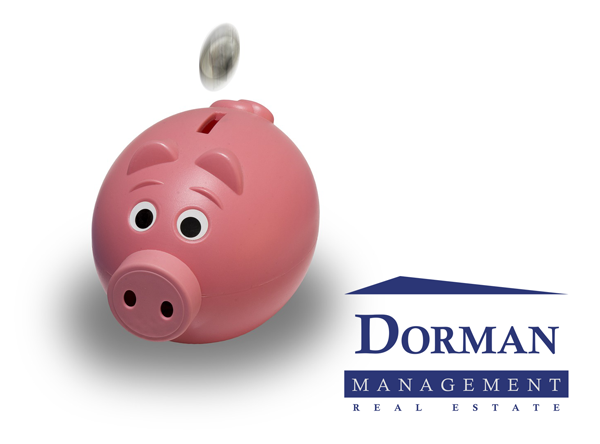
By Nathan A. Bozung, CPA, MST (719) 633-3002
http://www.taxcpacolorado.com/
Positive Cash Flow and a Tax Asset
When structured properly first‐time landlords will ideally find themselves in a situation where they are receiving a positive cash flow, while generating a tax deduction that offsets some of their other sources of income (W‐2 wages, for example). The primary variable that helps to accomplish this state is having the property subject to a mortgage.
Now, this is not a position one wants to be in forever. Having a rental property throw off income that taxes must be paid upon is a good problem to have. The more taxes owed the more money you are making. But having a “tax loss” with a positive cash flow in the early years certainly helps get the ball rolling.
What is deductible?
Just about anything ordinary and necessary for you to spend on a rental property is deductible. The most common deductions seen are: insurance, property taxes, and mortgage interest. Utilities, property management fees, HOA dues, and any repairs and maintenance paid are also deductible. Travel/mileage costs can also be deductible, but extra care should be taken to document these types of expenses. There are special rules about the timing of deductions when it comes to “major” improvements, such as buying a new furnace or redoing a master bathroom, but ultimately everything spent will be deducted eventually.
Something I always tell my clients is you do not want to generate an expense solely for the purpose of generating a tax deduction. This is because deductions only save you money to the extent of your marginal tax bracket. It never makes sense to spend a dollar on something to save 30 cents of tax, for example. But if you know you will be spending the money sometime in the next six months, maybe it makes sense to accelerate that deduction to this December instead of waiting until next year.
One of the most confusing deductions that almost every rental property should have is depreciation expense. Depreciation is the way a landlord is permitted to expense a portion of the cost of the rental building itself. Residential real estate is depreciated over 27.5 years, so on a $275,000 home the annual deduction would be $10K. This depreciation deduction is a timing difference – You get a deduction today, but someday when you sell the property you will likely have to pay back depreciation recapture for the amounts you previously expensed. I have encountered many taxpayers who prepare their own tax returns who think they can choose to not claim depreciation expense in order to avoid the recapture when they sell the property. This is incorrect, as the IRS rules clearly state that you must recapture the greater of the depreciation actually claimed or the depreciation that you were eligible to claim. Bottom line: deduct what you can now because you will have to pay it back regardless when you sell the property. (Exception: Section 1031 exchange)
It’s Complicated
In addition to what I’ve described above there are many other important considerations when it comes to taxes and rental properties ‐ passive activity loss rules, Real Estate Professional rules, Net Investment Income Tax, Active Participation $25K deduction rules along with income‐based phase‐out. Always consult your tax advisor when it comes to these rules as everyone’s personal tax situation is unique and the laws are constantly changing. Case in point, the day of my typing this the House of Representatives passed legislation that would revoke the Net Investment Income Tax completely – it still has to get through the Senate and the President’s desk before it becomes law, but this could have an effect on your decision to be a landlord or not.
